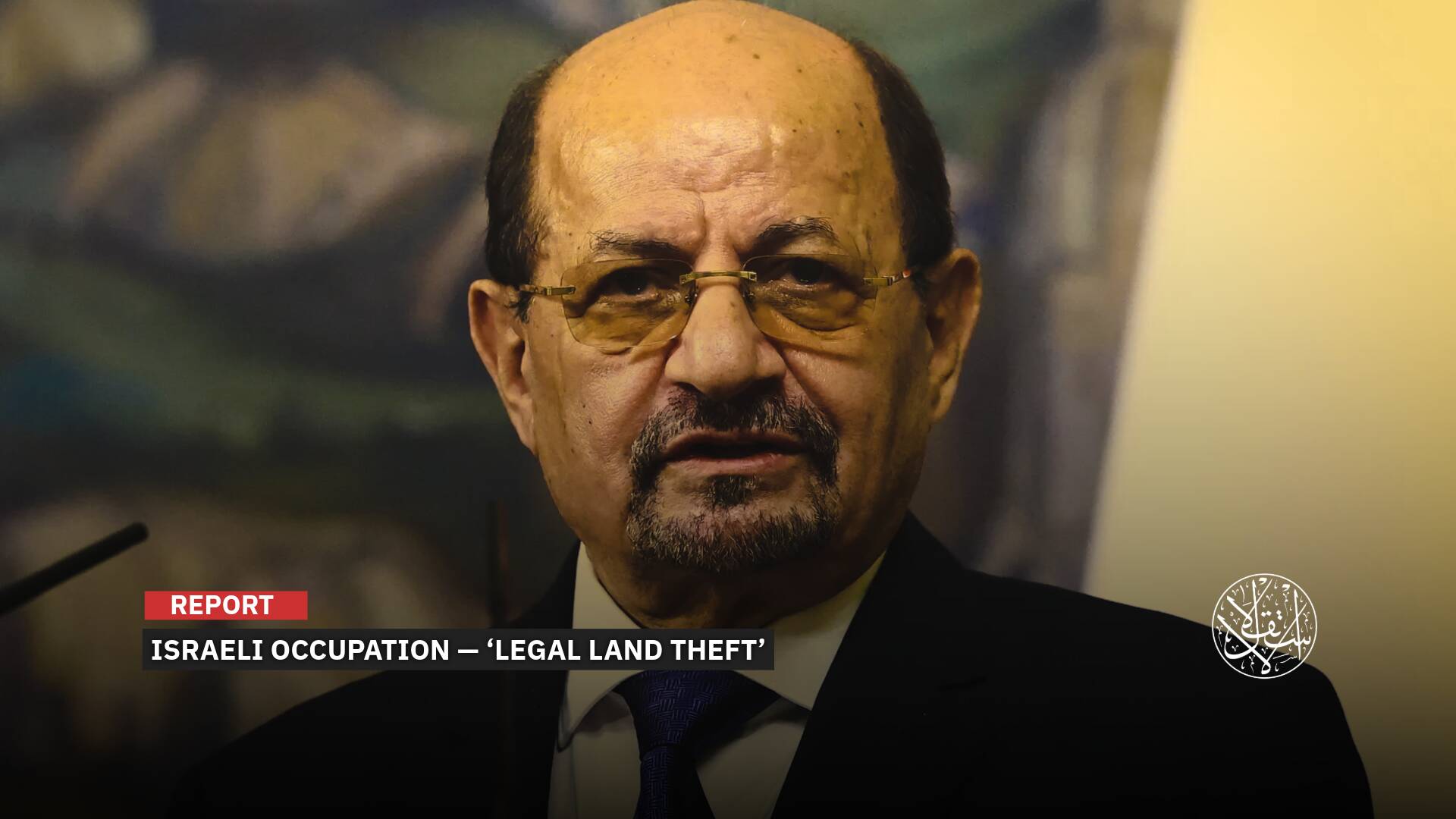Family or Society: Who Is Responsible for the Children’s Offenses Against the Elderly in the UK?

The misbehavior of some children with adults has become the focus of attention in the UK. Recently, several clips spread of a girl uttering obscene words at older people on public transport on her way to school. Many wonder about who is responsible for the children’s misconduct. Is it the family or the law?
The Center for Ageing Better published a report stating that despite profound changes to the age structure of the UK’s society, ageism is still rife.
The report revealed that one in three people in the UK experiences age prejudice or age discrimination.
The UK’s law commission issued a report in 2020 about misconduct in public places. The report emphasized that it is one of the most notoriously difficult offenses to define in England and Wales. While this has always been an issue, the increased usage of the offense by teens and children in recent decades has exacerbated the problem. In the past two decades, a substantial body of case law has refined, and in some cases shifted, the terms of the offense.
سوء سلوك بعض الأطفال مع الكبار أصبح حديث الشارع في بريطانيا .. انتشرت مؤخرًا عدة مقاطع لفتاة تتلفظ "بألفاظ بذيئة" على أشخاص يكبرونها سنًا داخل وسائل النقل العام في طريقها إلى المدرسة
— بريطانيا بالعربي (@TheUKAr) January 8, 2023
من المسؤول عن حل مشكلة سوء سلوك بعض الأطفال [العائلة أم القانون؟] pic.twitter.com/yJqjPXaFP0
Mocked & Demonized
The Guardian reported that older people are widely mocked, patronized, and demonized by the rest of society in the UK.
The newspaper stressed that they are mostly seen as incompetent, hostile, or a burden on others, according to a review of the evidence that found they are subject to a litany of damaging stereotypes.
The negative attitudes are widespread in public places, in the workplace, in health and social care, and in the media, with women and people from black and minority ethnic groups facing a “double jeopardy” of discrimination, the paper by the Centre for Ageing Better revealed.
Experts have identified a set of strategies that can be followed to address the misconduct of teens towards the elderly and to prevent its occurrence in the first place. Such as providing support to families, including parents and caregivers, by educating them and providing them with methods of proper and positive care and upbringing for their children in a way that reduces the risk of violence occurring within the home, in addition to enhancing management skills.
The school’s role is to push children and adolescents to acquire the core values of respect. In order to bring a change in attitudes and social norms, it is essential to consider any form of misconduct and disrespect towards the elderly as an unacceptable and punishable offense.

With the Child, or Against the Family
Although the laws are similar in the countries or territories that make up the United Kingdom (England, Scotland, Wales, and Northern Ireland), each is responsible for enacting its own laws on child protection systems.
In England, the largest and most populous country in the United Kingdom, the responsibility for protecting children rests with the Department of Education (under the Children’s Act 1989 and the Children’s Act 2004).
The Ministry issues guidelines to the 148 local authorities in the departments or governorates, which in turn decide their own method for their competent officials (in health, social and educational care agencies and the police) to communicate with children and their families.
They have the right to request the withdrawal of children from their families and place them in the care of the local authorities if they believe that there is a “great danger” threatening them if they remain with their families. Ordinary citizens can also contact the social welfare agencies in the district where they reside if they feel that their neighbors’ children, for example, are being mistreated.
The implementation of laws and policies that protect children from violence is necessary. However, it is also of primary importance to collect data and conduct research aiming at Identifying the elements that can prevent children and teens from committing violence. It is important for the UK to plan and design appropriate intervention strategies to end tens of offenses and violence.
Maggie Mellon, who has been working as a social worker since 1977, stated that a process has taken place through which the protection of children has turned into a means of interfering with everything that concerns them, and the process has shifted from positive support for the family to working on the assumption that there is a threat.
Over the years, this assumption legitimized the existence of a threat to all kinds of suspicions of future physical, psychological and emotional harm. The law that was passed in 1989 was a government idea that made the innocent guilty.
The idea began in 1979. After years of Labor Party rule, England placed its political fate in the hands of the Conservatives, who were led by Margaret Thatcher, who wanted to impose her personal success on the citizens, Mellon explained.
She added that this approach left no room for the weak, as the Thatcher government mistreated the people and imposed a social protection system, as the kingdom abandoned the poor and turned them into suspects.

Freedom or Respect?
The researcher Hanan Khayati, writing for Hespress, said that it may not be new to raise the question of individual freedoms in contrast to the concepts of public morality, but what is new is the widening of the entrenchment between the camp of those who advocate the preservation of values and those who demand the protection of freedoms.
Many problems arise because of the wide definition of individual freedoms and their relationship to the reference values of society, especially in light of the growing calls under the guise of human rights, freedom, and liberation from the restrictions of society and religion as factors limiting this freedom and making it conditional on values, morals, and identity.
In an interview with Al-Estiklal, the researcher in sociology Hamza Guenoun said: “Freedom must be basically in line with respecting the freedom of others and ensuring mutual respect between individuals, regardless of their race or color. The concept of respecting the freedom of others also includes enjoying virtuous morals, speaking with tact, and acting responsibly.”
He added: “Freedom without limits may allow the person to offend others and engage in practices that are contrary to natural human instinct. Sexual freedom, for example, harms the values of loyalty within the family if one of the spouses follows their instincts instead of controlling feelings in line with duties. The same harm to the institution of the family results in dealing with the call for free sexual intercourse with a person of the same sex.”











